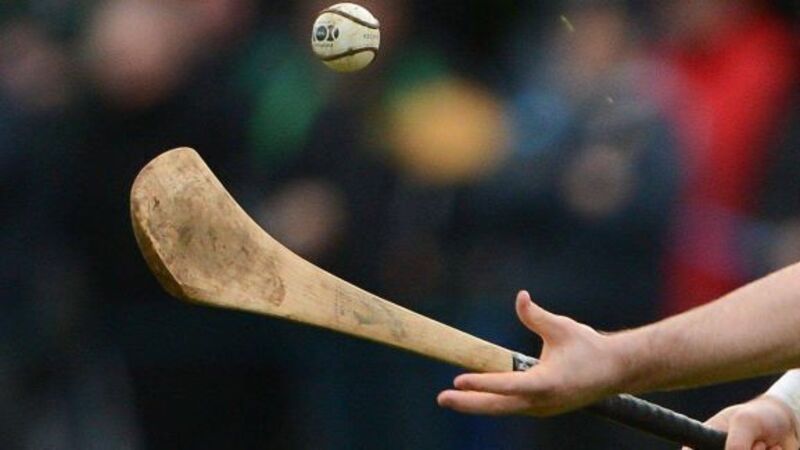New thinking required to reach global audience

That’s a rare mix because often the very thing we love about the games — the frenetic pace and occasional lack of nuance — infects how we perceive football and hurling and indeed how we try to explain them to less fortunates.
Gormley, you might recall, is a Silicon Valley Armagh man who has applied his expertise to all levels of the association out that direction: PRO and chairman of San Francisco GAA, PRO for the North American County Board and founder and chairman of the National Collegiate Gaelic Athletic Association, which will bring their national championship to New York at the end of May.











